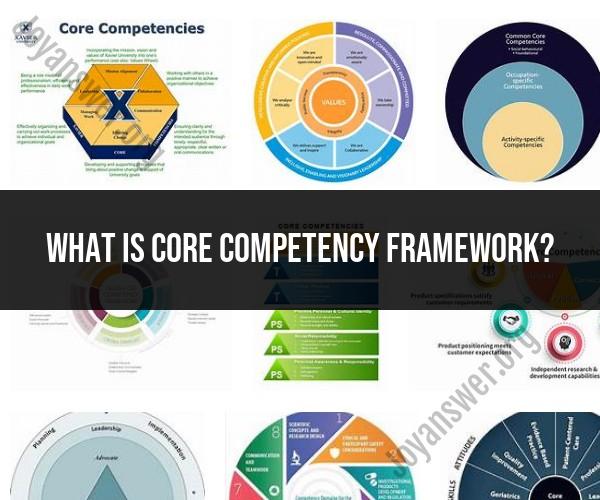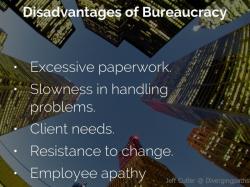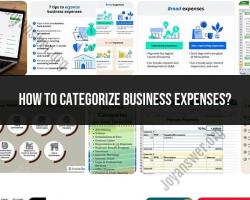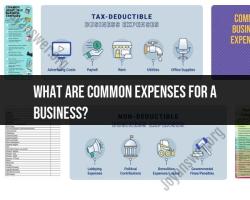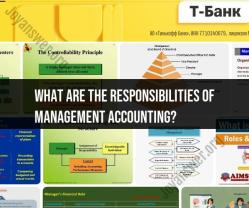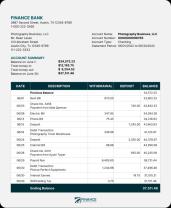What is core competency framework?
A core competency framework is a structured model that identifies and defines the essential skills, abilities, knowledge, and attributes that an organization believes are critical for its employees to possess to achieve its strategic objectives and maintain competitiveness. Core competencies are the central, foundational capabilities that set an organization apart and enable it to excel in its industry.
Key components of a core competency framework typically include:
Core Competencies: These are the fundamental skills, qualities, and knowledge areas that an organization deems crucial for its employees to have. Core competencies can vary depending on the organization's industry, goals, and strategic focus. They are often aligned with the organization's mission and values.
Competency Descriptions: Each core competency is accompanied by detailed descriptions that outline what it encompasses. These descriptions provide clarity on what it means to possess each competency and how it applies to job roles within the organization.
Levels of Proficiency: Core competency frameworks may define different levels of proficiency or mastery for each competency. These levels indicate the progression from basic proficiency to advanced expertise in a given competency.
Alignment with Organizational Goals: A well-developed core competency framework aligns the identified competencies with the organization's strategic goals and objectives. This ensures that employees' skills are directly linked to achieving the company's mission.
Development and Training: The framework often includes recommendations for development and training opportunities to help employees acquire or enhance the core competencies. This can involve formal training programs, mentoring, coaching, or on-the-job learning experiences.
Performance Assessment: Core competencies serve as criteria for assessing employee performance. Performance evaluations and feedback are tied to these competencies to gauge how well employees are meeting organizational expectations.
Recruitment and Selection: The framework can be used in the recruitment and selection process to identify candidates who possess or have the potential to develop the core competencies needed for success in the organization.
Succession Planning: Core competency frameworks play a vital role in succession planning by identifying high-potential employees who demonstrate the desired competencies and can be groomed for leadership and critical roles.
Organizational Culture: Core competencies contribute to shaping the organization's culture by emphasizing the skills and behaviors that are valued and rewarded within the company.
Continuous Improvement: Like all organizational frameworks, a core competency framework should be regularly reviewed and updated to adapt to changing business environments, industry trends, and evolving strategic priorities.
In essence, a core competency framework provides a structured approach to talent management and human resource development within an organization. It helps organizations identify, cultivate, and leverage the capabilities that are central to their success, fostering a workforce that is well-equipped to drive the organization forward.
Core Competency Framework: Defining Key Organizational Skills
A core competency framework is a structured approach to identifying, describing, and assessing the key skills and capabilities that are essential for an organization to achieve its strategic goals. It is a valuable tool for helping organizations to focus on their strengths, build competitive advantage, and make better decisions about resource allocation.
A typical core competency framework will include a range of competencies, such as:
- Technical competencies: The knowledge and skills required to deliver the organization's products or services.
- Organizational competencies: The processes and systems that enable the organization to operate efficiently and effectively.
- Customer competencies: The ability to understand and meet the needs of the organization's customers.
- Leadership competencies: The ability to attract, develop, and retain talented employees.
- Innovation competencies: The ability to develop and bring new products and services to market.
Understanding Core Competency Frameworks in Business
Core competency frameworks are used by businesses of all sizes and in all industries. They can be used to support a variety of business initiatives, such as:
- Strategic planning: Core competency frameworks can help organizations to identify the key skills and capabilities that they need to achieve their strategic goals.
- Resource allocation: Core competency frameworks can help organizations to allocate resources to the areas where they will have the greatest impact.
- Talent management: Core competency frameworks can help organizations to identify, develop, and retain talented employees who have the skills and capabilities that they need to be successful.
- Performance management: Core competency frameworks can be used to set clear performance expectations and to assess the performance of employees and teams.
Strategic Competency Frameworks: The Core of Success
Strategic competency frameworks are core competency frameworks that are specifically designed to support the achievement of an organization's strategic goals. They are typically more focused and specific than general core competency frameworks.
Strategic competency frameworks can be developed using a variety of approaches. One common approach is to start by identifying the organization's strategic goals. Once the strategic goals have been identified, the next step is to identify the key skills and capabilities that are essential for achieving those goals. Finally, these skills and capabilities can be organized into a framework that can be used to guide decision-making and resource allocation.
Strategic competency frameworks are a valuable tool for helping organizations to achieve their strategic goals. By focusing on their core competencies, organizations can build competitive advantage, improve performance, and create sustainable value for their customers and shareholders.
Here are some additional tips for developing and using core competency frameworks:
- Involve key stakeholders: When developing a core competency framework, it is important to involve key stakeholders from across the organization. This will help to ensure that the framework is comprehensive and reflects the needs of the entire organization.
- Be clear and specific: The core competency framework should be clear and specific. It should identify the key skills and capabilities that the organization needs to achieve its strategic goals.
- Align the framework with the organization's culture: The core competency framework should be aligned with the organization's culture. This will help to ensure that the framework is accepted and adopted by employees throughout the organization.
- Review and update the framework regularly: The core competency framework should be reviewed and updated regularly to ensure that it is still relevant and aligned with the organization's strategic goals.
